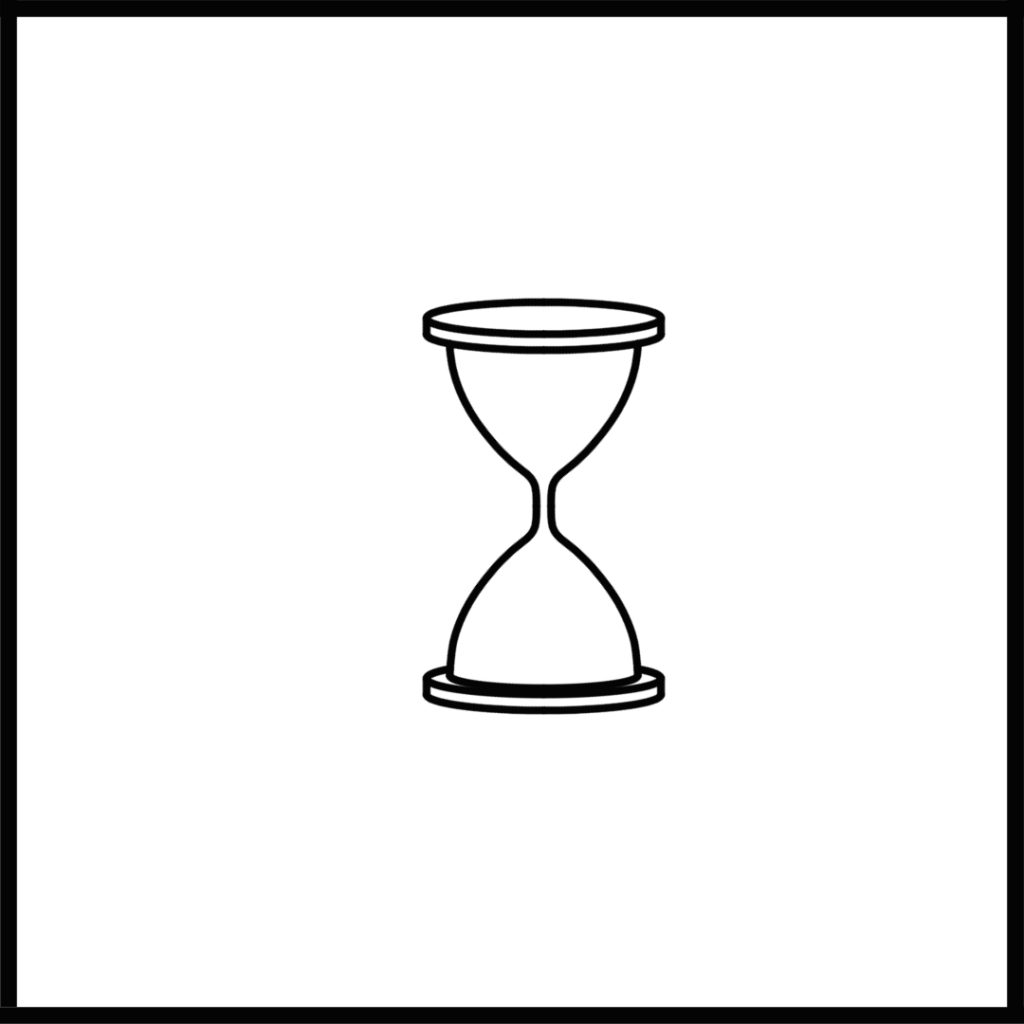Is it possible to talk about “cycles of history” without swimming in racist and antisemitic waters? Sure. But it’s worth noting that “cycles of history” are often written/read/cited in support of hateful views.
We get a dangerous cocktail when we combine the dogmatic regressivism of “let’s get back to something in the past” with the confident fatalism that historical eras are already pre-written such that “something from the past is already reaching out to us because it’s our destiny and it will soon be here so we might as well double down and hasten its arrival”….even if it means killing people or watching a lot of people die.
While “myth of ages” accounts criticize society, civilization, and progress, we also need to worry about ways such myths can be used in contemporary politics in the name of racist, antisemitic, and other hateful narratives.
For example, such accounts often go hand-in-hand with hierarchical senses of “good humans” at the top versus all kinds of lower-level human groups and “races” who are not only decaying their own lives but the entire culture.

Hesiod’s Works and Days (c. 700BC) elaborates an early Greek “myth of the ages”. He elaborates “5 Ages of Man”: Golden, Silver, Bronze, Heroic, and Iron (where the gods have abandoned us to live in toil and dishonor); click above for a quick overview.
Spengler elaborates a conservative, anti-democratic vision of historical epochs.